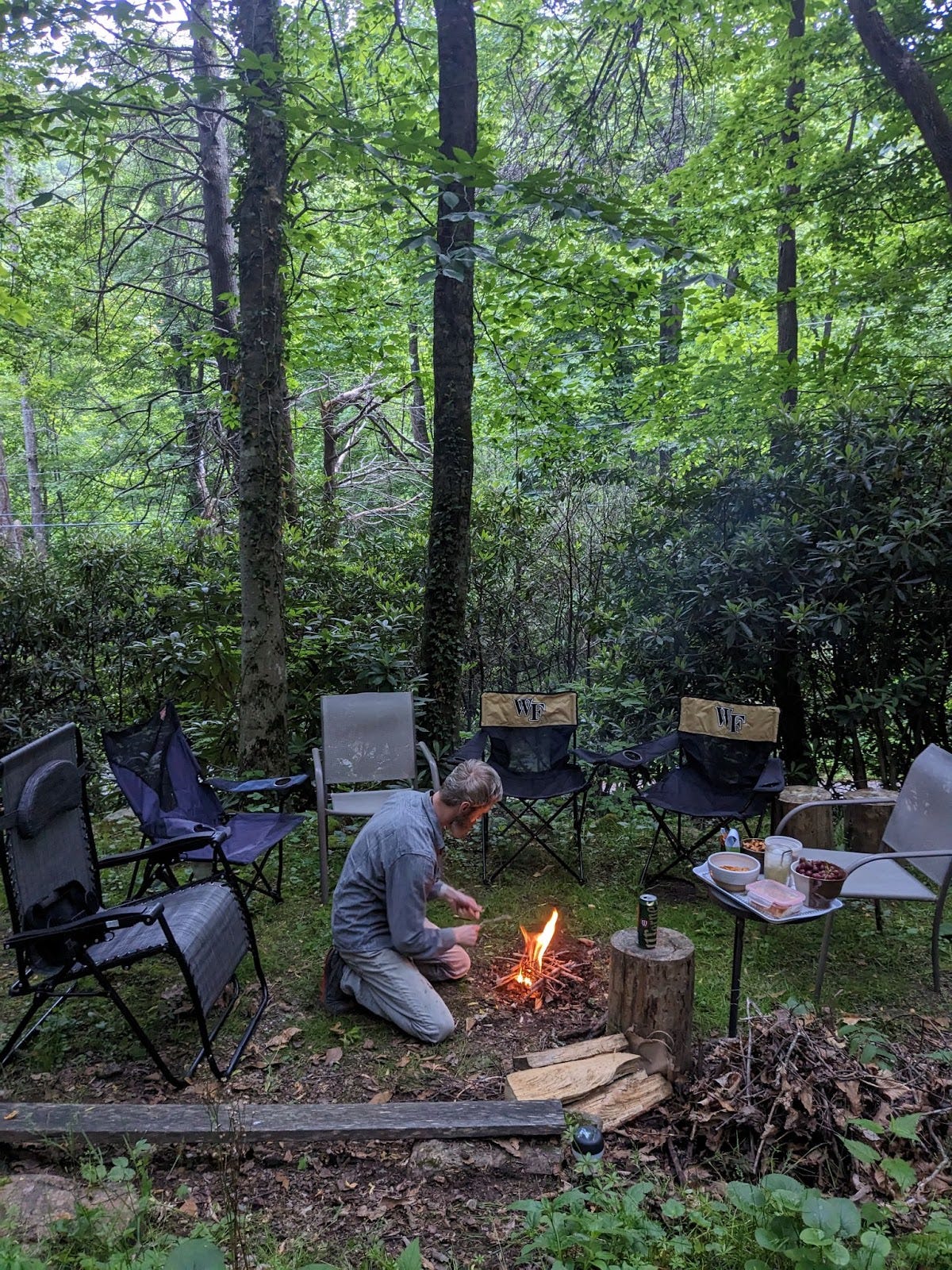Save the date for our next In Tending circle on Tues, Aug 5!
And the rest of our 2025 circle series for open-hearted caregivers

Often, in conversations about burnout, the source is presumed to be some combination of poor boundaries and an inability to delegate. Clock out when your workday ends at five and not a moment later! Let your husband clean the bathroom however he wants!
I am more than happy to let my husband clean the bathroom however he wants. There is no self-help book, however, that has yet to solve for the current multi-crisis. Because much of the burnout in our community of open-hearted caregivers, as
and I (Ryan) discussed a while back on Substack Live, comes from being forced to bear witness to the suffering of other caregivers,day
after
day
after
day
while the people who have the power to stop the suffering do not stop it.
For years, many of us have turned to podcasts and video hot takes to make sense of what we’re feeling, and to social media when it’s time to express our feelings and find others who feel as we do. But as
skillfully puts it here, these sources of one-way pseudo-connection can be fraught and dissatisfying:I AM ABSOLUTELY DEVASTATED/AND ALSO I AM IN ITALY, we shout at each other in an infinite loop… Are we being performative? Of course we are. At all times. We are performative because we are aware that we are being perceived. And perception, in turn, is a form of connection, though that’s easy to forget…
Some of us are barely getting by. Some of us are fortunate in some ways and vulnerable in others. Our situations are not equivalent. But none of us have figured it out, this art of navigating our own complicated lives while also bearing witness to a world in pain. If we had, we would not be stuck here together.
We are all both sacred and calamitous, I fear. We are mucking our way through it. Together, but pretending to be apart.
I don’t know about you, but I’m tired of pretending, in general. Of numbing and masking and calling that “normal.” Of being apart instead of a part of something. Of trying to fit everything that I feel in this moment into a tiny square, and calling that connection.
Especially what I think many of us are craving is a circle.
A circle of people who we can see each other’s facial expressions. Who know each other’s names. Who have more context about each other’s lives beyond “I AM ABSOLUTELY DEVASTATED/AND ALSO I AM IN ITALY.”
I want to exist in a space that doesn’t just strip-mine my mind for attention and sell it to Meta. I want to give and receive true belonging.
To that end, we’d like to invite you to save the date for our upcoming In Tending gatherings, starting with the next one on Tuesday August 5th at 10:30am EST on Zoom.
We’ve chosen topics for these circles that we know are important to our community members, such as caring for kids under five, and caring locally while thinking globally. In the months to come, we’ll be talking about:
Affirming neurodivergence (ours and/or our kids'): Tues August 5th, 10:30am EST
Caring for other adults: Tues Sept 2, 10:30am EST
Navigating cross-generational conversations about care: Tues Sept 30, 10:30am EST
Making space for grief: Tues Oct 28, 10:30am EST
Burnout prevention: Dec 2, 10:30am EST (note: this is the week after Thanksgiving)
Note: if you’re not signed up to get the Zoom invites for our community gatherings, please click the button below to get on the invite list, which keeps the Zoom container secure and workable for all.
Why neurodivergence? Why now?
Firstly, because summer is an insidiously difficult time for neurodivergent (aka “ND”) caregivers. And we all deserve more support than we’re getting. (See last week’s post for the many reasons why families with one or more neurodivergent members may be feeling especially burned out.)
Secondly, because the start of the school year is coming up shortly after this circle for some families, and that is often a very difficult time for neurodivergent children. As they adjust to new communities and expectations, their caregivers must advocate for their needs to be met. (See my interview series about caring for neurodivergent kids with
, the brains behind , here, here and here.)Thirdly, because this world needs all of us to use the full array of our gifts, including those that are associated with our neurodivergence. Indigenous communities have long noticed traits like unusual sensory sensitivity — often but not always associated with diagnoses like ADHD and autism — in a minority of their community members. Many have prized these traits. History has shown that people who see the world in unusual ways can often see solutions and perspectives in ways that others cannot. It’s time to surface and share those perspectives with each other, and with other people who can benefit from seeing the world through a more inclusive and sensitive lens. (See this post for more resources on being “sensitive” in a world that often…isn’t.)
If you’d like to attend the Aug 5 circle, please let us know which one of these topics calls to you most via the poll below. We also welcome your thoughts in the comments.
Hope to see you next week!
xoxo
Ryan + Meredith


Every single topic resonates.